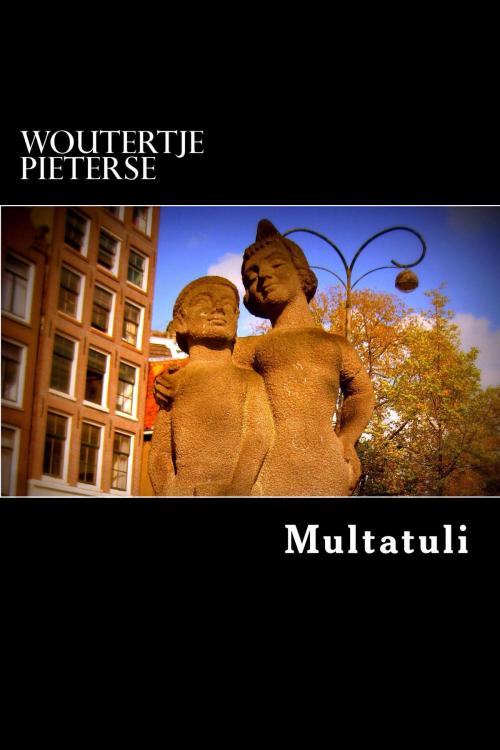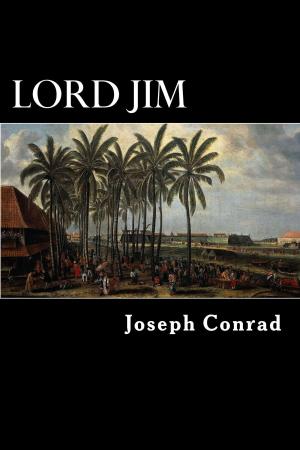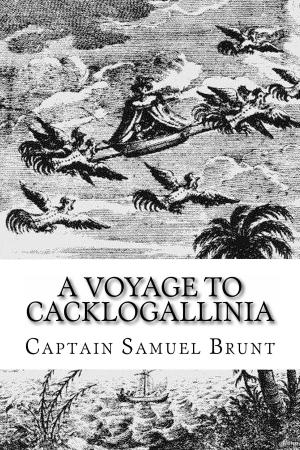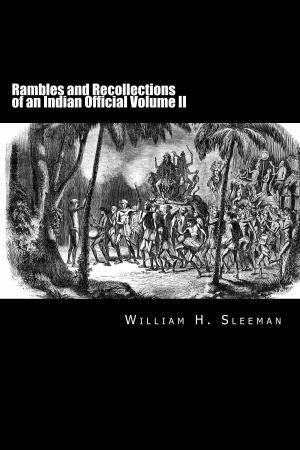Woutertje Pieterse
English Edition
Nonfiction, History, Western Europe, Fiction & Literature, Classics, Historical| Author: | Multatuli, Eduard Douwes Dekker | ISBN: | 1230000100349 |
| Publisher: | Herne Ridge Ltd. | Publication: | January 18, 2013 |
| Imprint: | Language: | English |
| Author: | Multatuli, Eduard Douwes Dekker |
| ISBN: | 1230000100349 |
| Publisher: | Herne Ridge Ltd. |
| Publication: | January 18, 2013 |
| Imprint: | |
| Language: | English |
"Woutertje Pieterse" (or The History of Walter Pieterse) by Multatuli was his second novel and published posthumously in 1890. It is also the most famous work by the author after "Max Havelaar". The history of Wouter Pieterse appeared as fragments in the Ideas , which also forms an organic whole with it. The story is about a dreamy and poetic msterdam boy, Wouter Pieterse, who grows up in a middle-class environment in the French period . The philistinism of his surroundings and curiosity of Wouter often come into conflict, and forms the main theme of the book.
Eduard Douwes Dekker (2 March 1820 – 19 February 1887), better known by his pen name Multatuli (from Latin multa tuli, "I have suffered much"), was a Dutch writer famous for his satirical novel, Max Havelaar (1860), which denounced the abuses of colonialism in the Dutch East Indies (today's Indonesia).
"Woutertje Pieterse" (or The History of Walter Pieterse) by Multatuli was his second novel and published posthumously in 1890. It is also the most famous work by the author after "Max Havelaar". The history of Wouter Pieterse appeared as fragments in the Ideas , which also forms an organic whole with it. The story is about a dreamy and poetic msterdam boy, Wouter Pieterse, who grows up in a middle-class environment in the French period . The philistinism of his surroundings and curiosity of Wouter often come into conflict, and forms the main theme of the book.
Eduard Douwes Dekker (2 March 1820 – 19 February 1887), better known by his pen name Multatuli (from Latin multa tuli, "I have suffered much"), was a Dutch writer famous for his satirical novel, Max Havelaar (1860), which denounced the abuses of colonialism in the Dutch East Indies (today's Indonesia).















